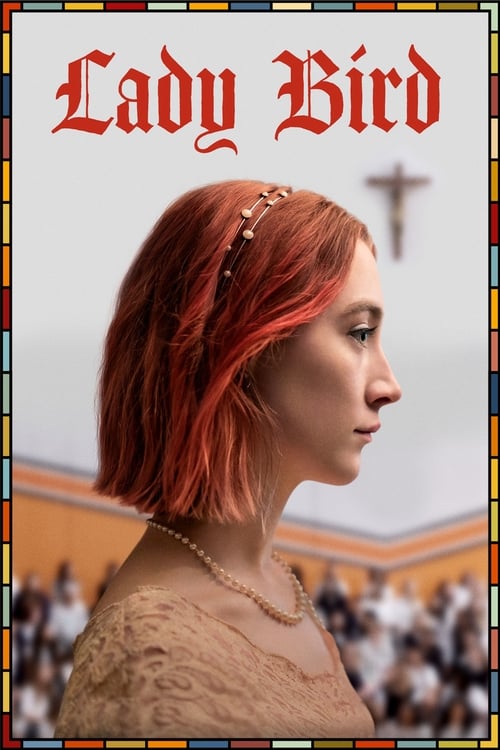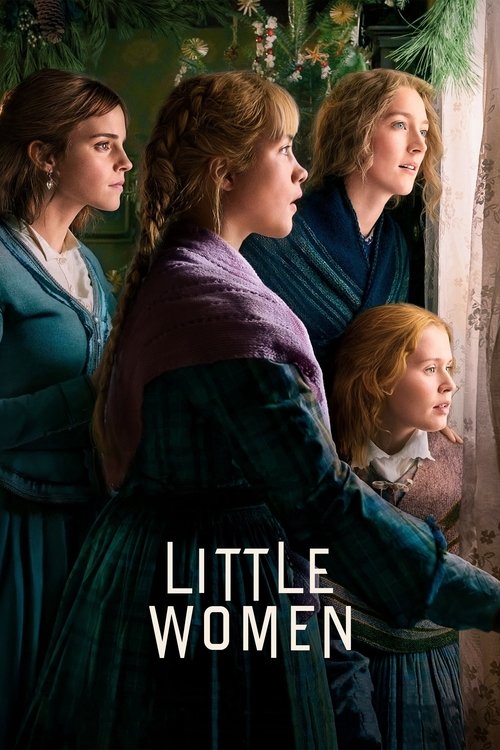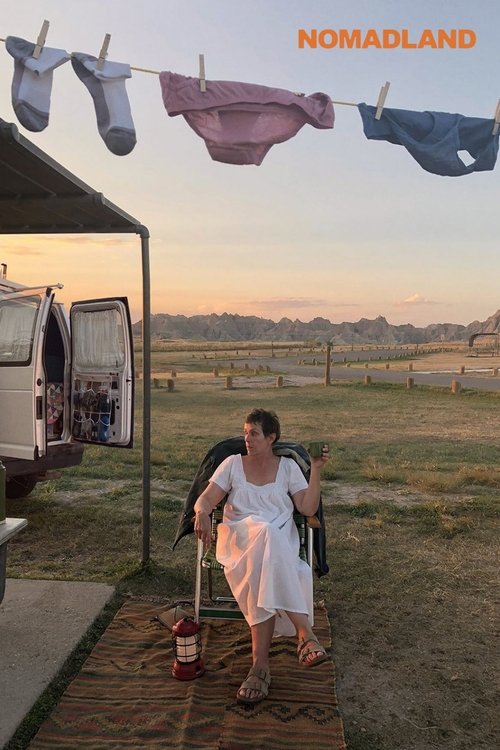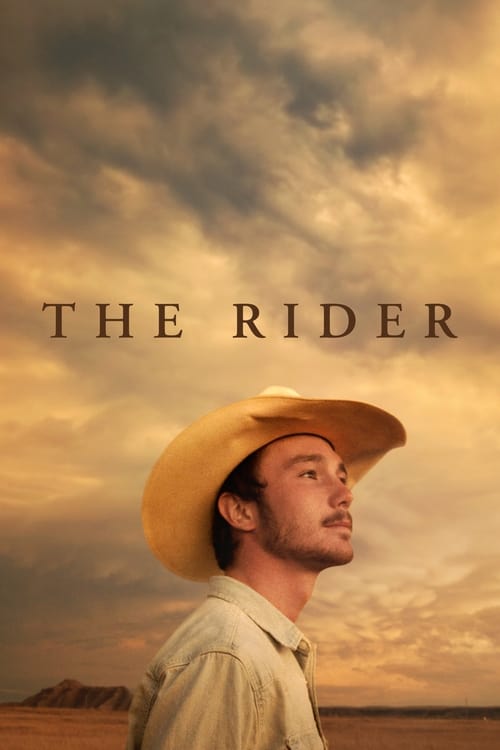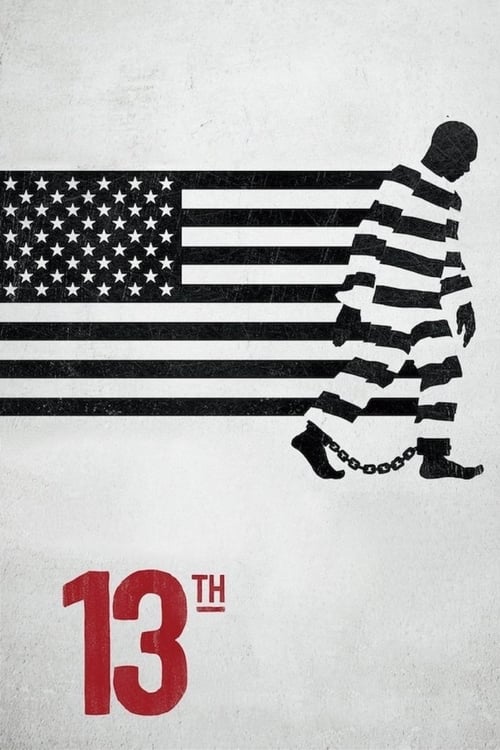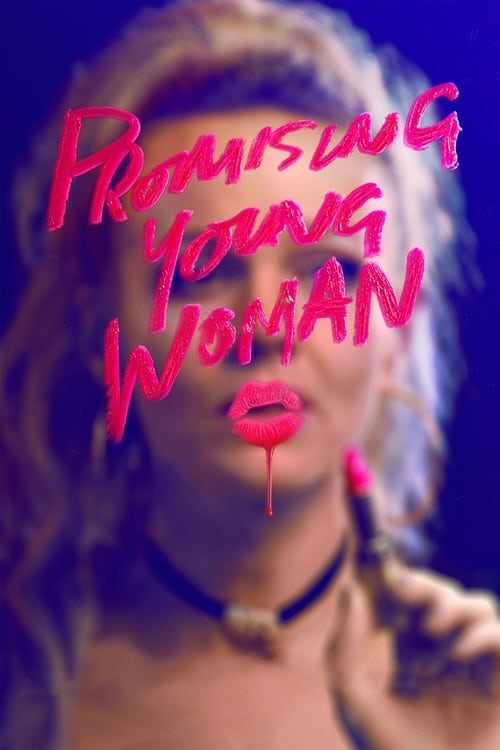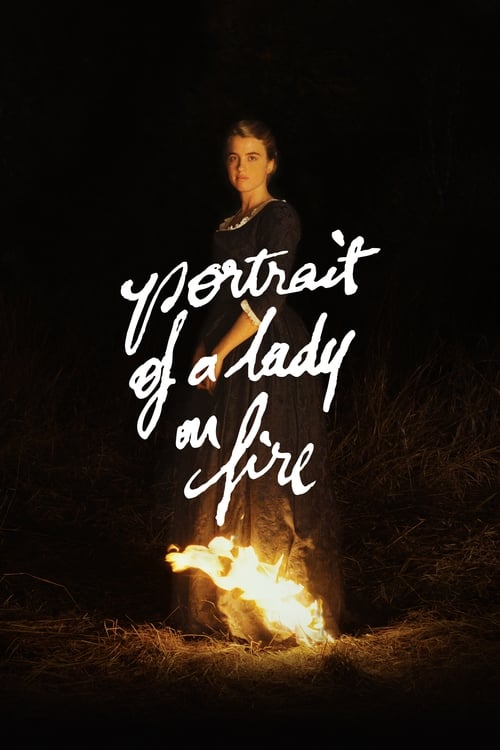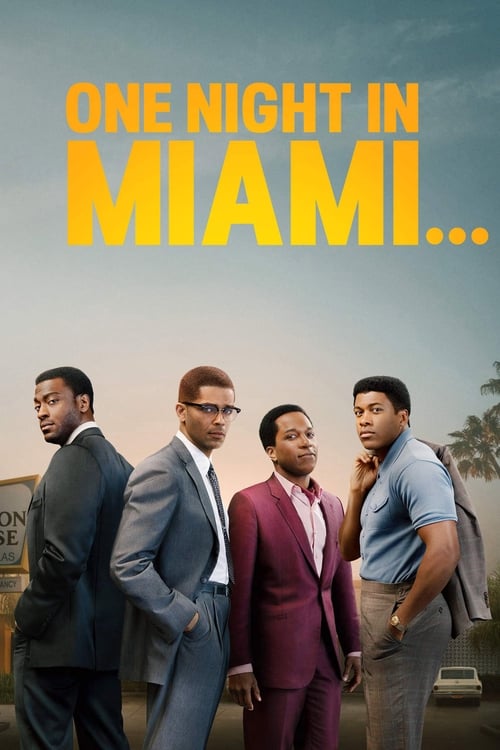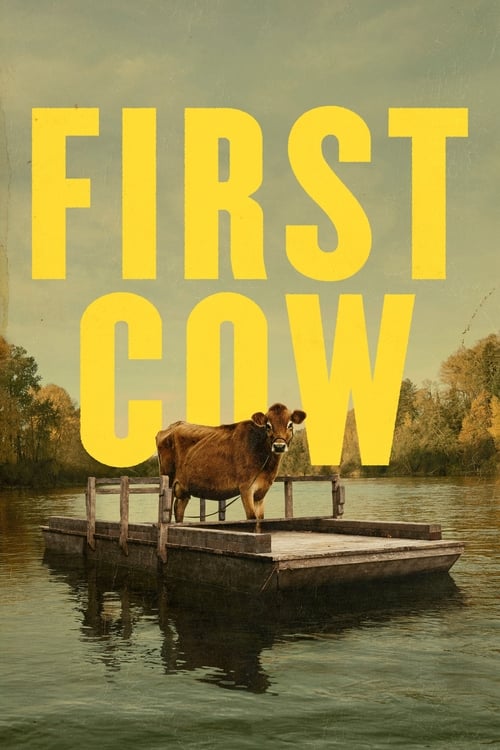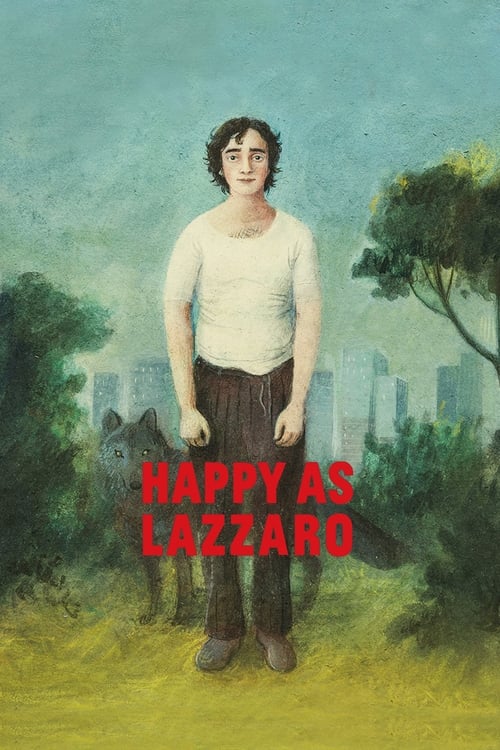Contemporary Voices: Gerwig to Zhao
New generation storytellers
A new wave of visionary female filmmakers has fundamentally transformed contemporary cinema, bringing fresh perspectives and innovative storytelling approaches that challenge traditional narratives.
Greta Gerwig's emergence as a director marked a significant shift in American independent cinema. Her solo directorial debut "Lady Bird" (2017) demonstrated a masterful understanding of coming-of-age narratives, employing naturalistic dialogue and intimate cinematography by Sam Levy to create an authentic portrait of adolescence. Her follow-up "Little Women" (2019) showcased her ability to reinvent classical literature through a modern feminist lens while maintaining period authenticity. Gerwig's distinct visual style, characterized by fluid camera movements and carefully composed frames, has influenced a new generation of filmmakers.
Chloé Zhao's cinema represents a unique fusion of documentary-style realism and poetic storytelling. Her breakthrough film "The Rider" (2017) utilized non-professional actors and natural lighting to create an authentic portrayal of contemporary Western life. Working with cinematographer Joshua James Richards, Zhao developed a distinctive visual language that captures the relationship between landscape and character. This approach reached its apex in "Nomadland" (2020), where she combined neorealist techniques with carefully crafted visual compositions to explore economic displacement in modern America.
Ava DuVernay has revolutionized both documentary and narrative filmmaking through her unflinching examination of racial justice and social inequality. "Selma" (2014) demonstrated her ability to transform historical events into urgent contemporary commentary, while "13th" (2016) showcased her talent for weaving complex social analysis into compelling narrative structures. DuVernay's work with cinematographer Bradford Young established a visual grammar that emphasizes dignity and humanity in every frame, influencing how stories of marginalized communities are portrayed in contemporary cinema.
Emerald Fennell's "Promising Young Woman" (2020) represents a bold reimagining of revenge narrative conventions, using candy-colored cinematography by Benjamin Kracun to subvert audience expectations about genre and gender. The film's innovative approach to addressing sexual assault and institutional complicity demonstrated how contemporary female filmmakers are pushing boundaries in both style and substance. Fennell's background in television writing informed her precise control of tone, allowing her to balance dark themes with satirical elements.
Céline Sciamma's recent work exemplifies the evolution of intimate storytelling in contemporary cinema. "Portrait of a Lady on Fire" (2019) revolutionized period drama through its exploration of the female gaze, with cinematographer Claire Mathon creating compositions that echo classical paintings while maintaining modern emotional resonance. Sciamma's attention to subtle character dynamics and unspoken desires has influenced how contemporary filmmakers approach romance and interpersonal relationships on screen.
Regina King's transition from acclaimed actor to director with "One Night in Miami" (2020) demonstrated the emergence of new voices from within the industry. Her careful adaptation of Kemp Powers' stage play showed remarkable visual intelligence, transforming a dialogue-heavy piece into dynamic cinema through thoughtful blocking and camera movement. King's work with cinematographer Tami Reiker established a visual approach that maintained intimacy while expanding the story's scope.
Kelly Reichardt's minimalist approach continues to influence contemporary cinema through its emphasis on quiet moments and environmental storytelling. "First Cow" (2019) exemplifies how female directors are reconsidering traditional genres, with Reichardt's careful attention to period detail and human interaction creating a new type of frontier narrative. Her collaboration with cinematographer Christopher Blauvelt has established a visual style that prioritizes observation over exposition.
The rise of international voices like Alice Rohrwacher has expanded the language of contemporary cinema. Her film "Happy as Lazzaro" (2018) blends magical realism with social commentary, creating a unique visual vocabulary that influences filmmakers globally. Working with cinematographer Hélène Louvart, Rohrwacher developed a distinctive approach to capturing rural life and temporal shifts that has enriched the grammar of modern cinema.
More Ideas
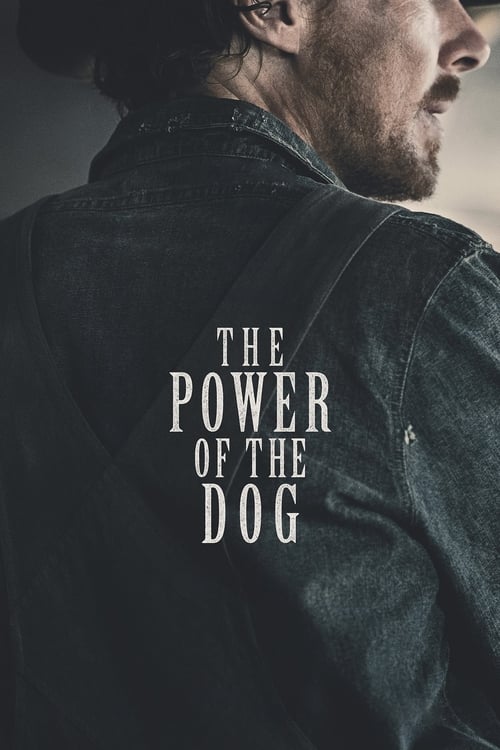
The Power of the Dog
(2021)
Jane Campion's western drama examining masculinity and repression
Streaming on Netflix
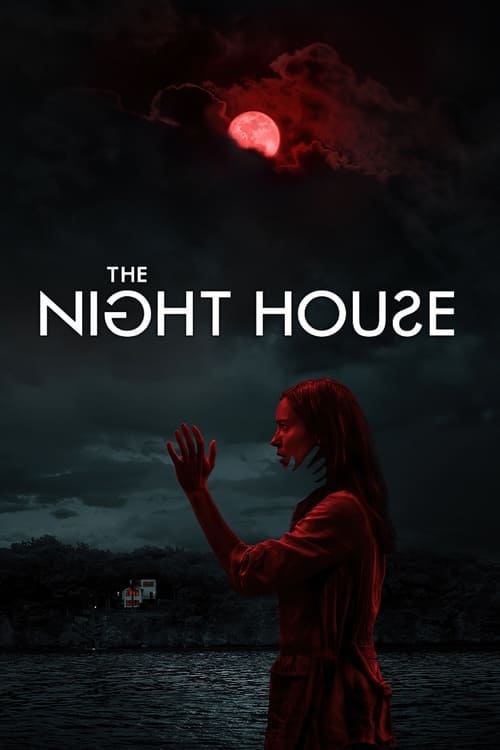
The Night House
(2020)
Rebecca Hall's directorial debut exploring grief and horror
Streaming on HBO Max
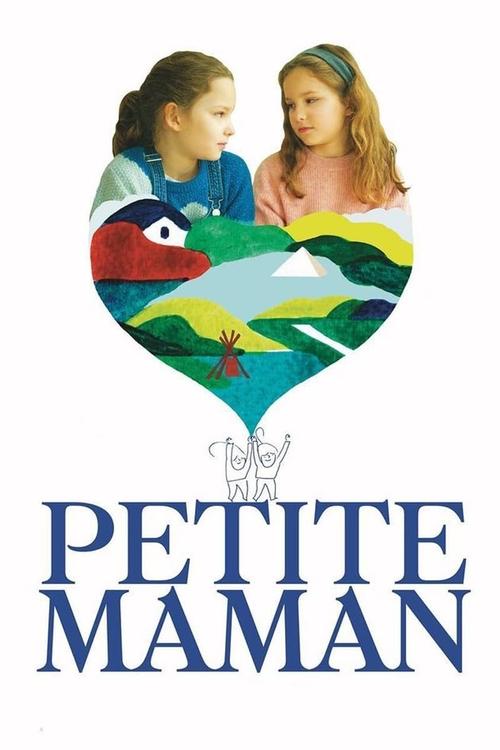
Petite Maman
(2021)
Céline Sciamma's intimate exploration of childhood and loss
Streaming on Hulu
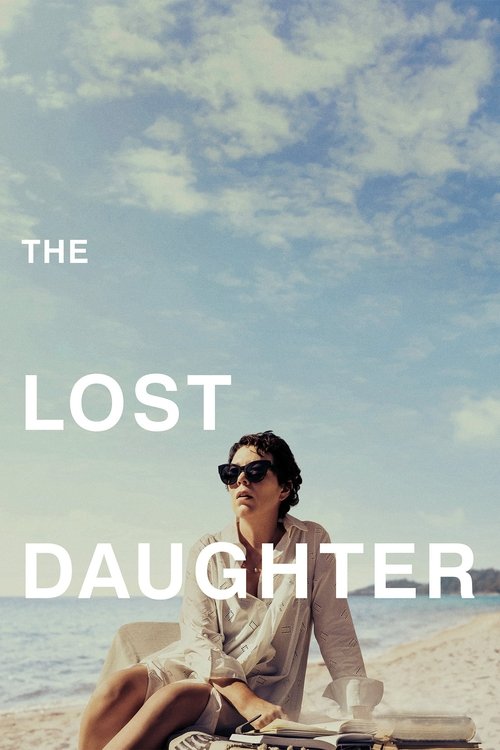
The Lost Daughter
(2021)
Maggie Gyllenhaal's adaptation of Elena Ferrante's novel
Streaming on Netflix
More from Women Directors
Silent Era Pioneers: Weber & Pickford
Early women behind the camera
Ida Lupino: The Forgotten Auteur
Actor-director breaking barriers
Chantal Akerman: Radical Minimalism
Feminist time and space
Jane Campion: Feminine Gothic
New Zealand's poetic vision
Kathryn Bigelow: Action Auteur
Redefining genre filmmaking
